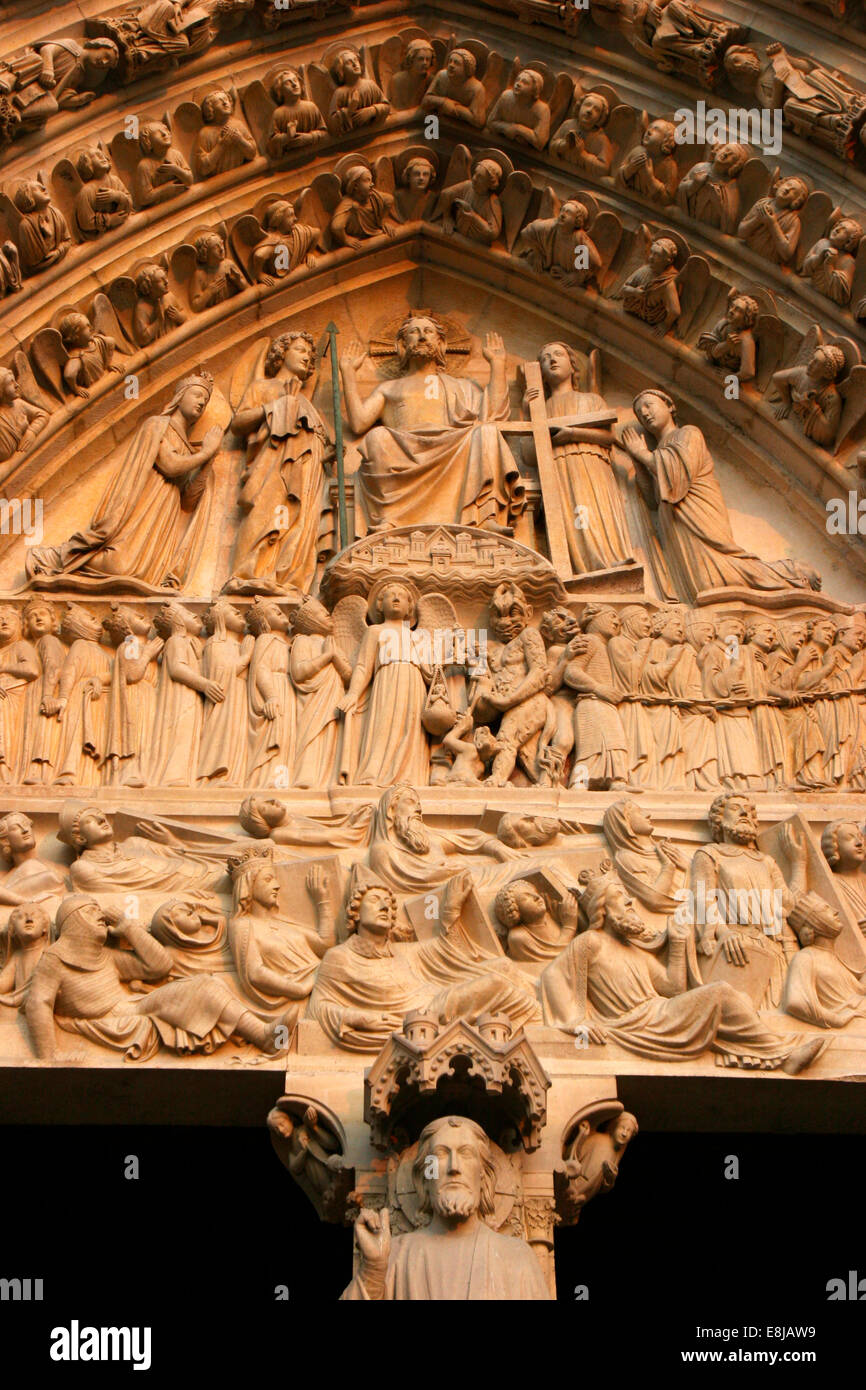
Rubens has turned the story into a rural idyll, with a far-reaching landscape set in the soft evening sun. Venus promised him the most beautiful woman in the world, Helen, who was married to King Menelaus of Sparta – an irresistible gift.

Juno offered Paris wealth and power, Minerva offered wisdom and strength. Venus clutches her robe to her breast as if surprised she has won, but the goddesses had all cheated. Her little son, Cupid, god of erotic love, crouches on the ground behind her. She wears her tokens, pearls and roses, in her hair. For Paris hands the golden apple to Venus, goddess of love, in the centre. At her feet, the peacock by which she is recognised reaches forward with a hiss at the sheepdog lying at the young shepherd’s feet. On the right, Juno, Jupiter’s wife, lifts her cloak to one side. Her owl is perched on a tree above, her weapons are by her side. On the left, Minerva, goddess of war and wisdom, pulls her robe over her head. In the version of the story by the Roman poet Lucian that Rubens used, Paris was unable to decide on a winner when the goddesses were clothed, so asked that they should disrobe. Jupiter, chief of the gods, declared that Paris should be the judge, and it is this moment of choice that Rubens has depicted. Three claimed the title – Minerva, Juno and Venus.

Furious at being left out, she threw a golden apple inscribed ‘To the Fairest’ among all the goddesses at the feast. He was brought up by shepherds but the gods had other plans for him.Įris, goddess of discord, was the only immortal not invited to an important wedding. The shepherd is Paris, son of King Priam of Troy, abandoned as a baby because it was prophesied he would bring ruin to the city. The caduceus by which Mercury is recognised almost slips from his hand as he gazes at the goddesses.

Mercury, the messenger god, has brought them to the young man and alighted behind him, his cloak still flying.


 0 kommentar(er)
0 kommentar(er)
